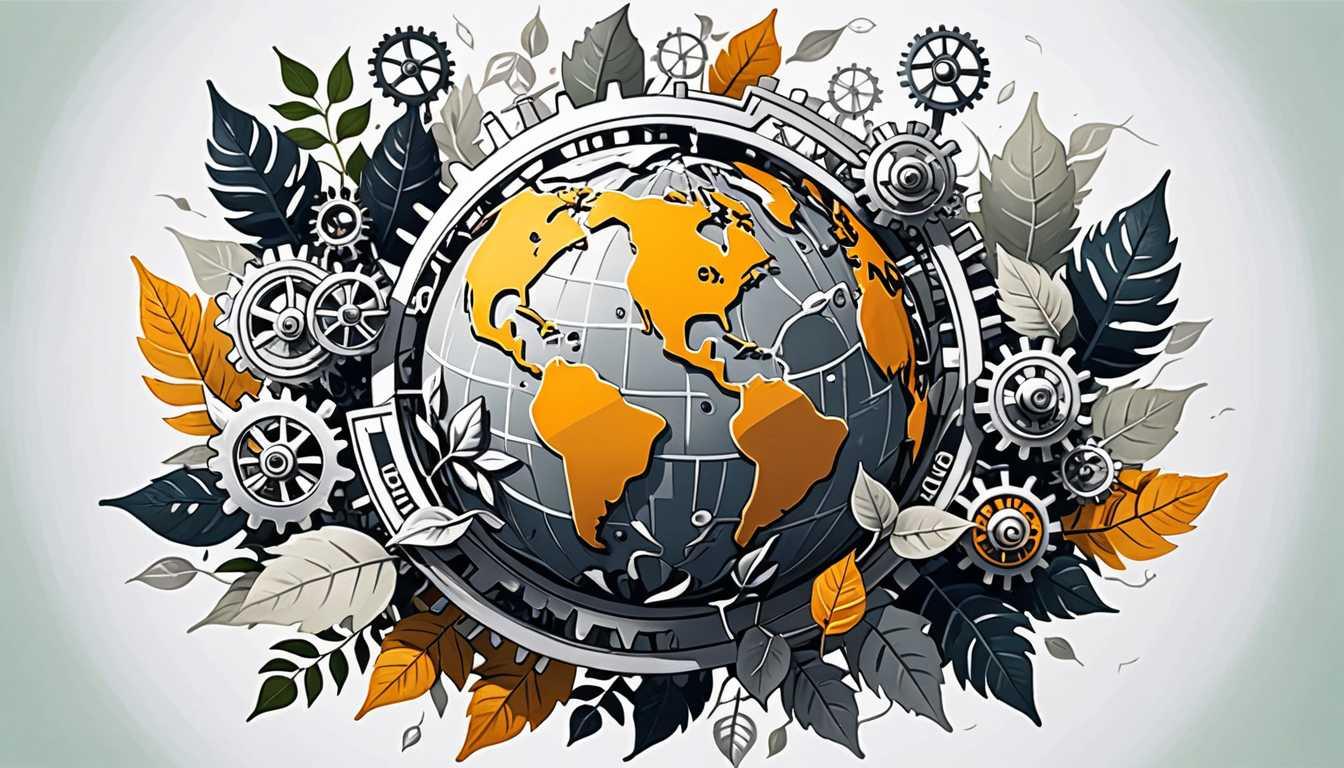Ocean's Ally in Climate Battle
October 2023
MIT Technology Review
Introduction
Dive into Chloe Dean's journey from a hemp lab technician to a climate change warrior at the MIT-WHOI program, exploring the ocean's chemistry to fight climate change. After a wildfire near her home acted as a wake-up call, Dean shifted her focus towards leveraging the ocean's vast carbon storage capabilities to mitigate acidification and global warming. Discover how turning the ocean into a climate ally could be a game-changer, all while navigating the challenges of introducing alkaline substances to marine environments. Courtesy of MIT Technology Review, this tale of science, resilience, and innovation is a must-read!
READ FULL ARTICLEWhy It Matters
Discover how this topic shapes your world and future
Diving Deep into Ocean Secrets
Imagine the ocean not just as a vast expanse of water, but as a hero in the epic battle against climate change. This is no ordinary tale; it's a real-world saga where the ocean, with its immense capacity to store carbon, stands as a formidable force against the warming of our planet. Yet, this hero faces its own nemesis: ocean acidification, a process that threatens to weaken its power. The quest to enhance the ocean's alkalinity, essentially giving it a dose of 'Tums' to combat its 'heartburn,' represents a groundbreaking approach to turn the tide against climate change. This adventure might seem distant, yet it's deeply connected to you. The health of our oceans impacts the air you breathe, the food you eat, and the climate you live in. Diving into this topic not only expands your understanding of the planet but empowers you to be part of the conversation on future solutions.
Speak like a Scholar
Ocean acidification
The process by which the ocean becomes more acidic due to the absorption of carbon dioxide from the atmosphere. Think of it like the ocean getting a sour stomach from too much CO2.
Alkalinity
A measure of how much acid the water can neutralize. Higher alkalinity in the ocean helps it act like a super sponge, soaking up more CO2 without becoming too acidic.
Carbon cycle
The global movement of carbon among the earth's atmosphere, ocean, and land. Imagine it as nature's way of recycling carbon, keeping the balance just right.
Photosynthesis
The process by which plants and some microorganisms use sunlight to make food from carbon dioxide and water. It's like cooking with sunlight!
Coccolithophores
Tiny plankton that play a big role in the carbon cycle by absorbing CO2 to form their calcium carbonate shells. Think of them as the ocean's mini architects.
Phytoplankton
Microscopic plants in the ocean that are the base of the marine food web and crucial in the carbon cycle, much like the grass of the sea.
Independent Research Ideas
The role of kelp forests in combating ocean acidification
Investigate how these underwater forests act as natural fighters against acidification and their potential in climate change mitigation strategies.
Impact of ocean alkalinity enhancement on marine biodiversity
Explore how artificially increasing ocean alkalinity affects marine life, focusing on the balance between combating acidification and preserving ecosystems.
The carbon sequestration potential of coccolithophores
Dive into the world of these tiny plankton to understand how their shell-building process locks away carbon and the implications for climate change strategies.
Exploring the effects of temperature and salinity on carbon absorption in oceans
Study how varying ocean conditions affect the ocean's ability to absorb carbon, providing insights into future climate change predictions.
The psychological impact of climate change on young environmentalists
Delve into how awareness and involvement in climate change solutions affect the mental health and outlook of young people passionate about the environment.
Related Articles

Revolutionizing CO2: MIT's Green Leap
September 2023
Massachusetts Institute of Technology (MIT)

Revolutionizing Water: Detecting Nanoplastics Instantly
July 2024
McGill University

Air-Cleaning Breakthrough: Meet COF-999!
October 2024
UC Berkeley NewsCenter

Aging the Ocean's Tiny Invaders
May 2023
Kyushu University

Turning Toxic Water Safe: A Simple Science Win
August 2022
University of California